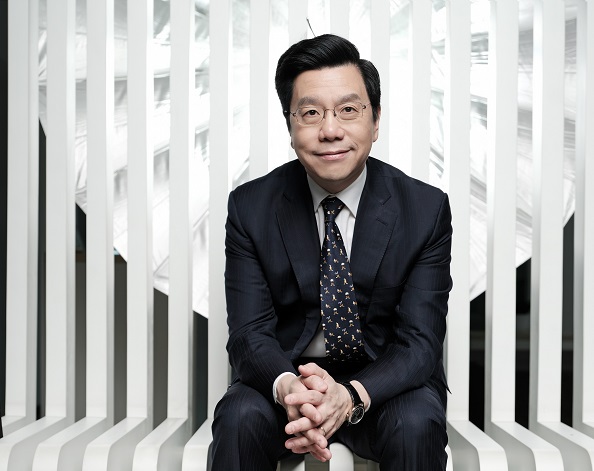
24 Apr 2019
The key to understanding the AI revolution
As a society, we are standing on the precipice of a technology revolution. Kai-Fu Lee, AI expert, CEO of Sinovation Ventures and former president of Google China, says the rise of AI will make the industrialisation of the 19th century and the automation of the 20th look like minor speed bumps.
The rise of artificial intelligence (AI) may seem frightening at the moment, but it doesn’t need to be. This new industrial revolution can (and should be) embraced, as AI has the potential to benefit society. However, we need to put the work in now to ensure that these upcoming, dramatic changes help individuals, businesses and governments in the future.
First, though, the bad news. While the Industrial Revolution increased the number of jobs available – with skilled craftsman and unskilled workers alike moving into regular if routine work – AI has the potential to completely replace repetitive, manual work. One McKinsey study warns us that half of all existing work activities could be replaced by automation once AI reaches full speed.
So how do we ensure that we get ahead of the ‘rise of the robots’? One thing is for sure: individuals, businesses and governments all have a big role to play.
For individuals, part of preparing for the AI age is accepting that it’s coming – and that routine jobs are not going to stick around. Youngsters need to start looking for careers that can’t be easily replaced by these new technologies – and those approaching retirement age should start enjoying themselves, taking early retirement and using the gig economy and volunteering to fill the gap.
Businesses, meanwhile, need to borrow from Blackrock founder Larry Fink’s famous missive ‘A Sense of Purpose’, which called on companies not to wait for governments to fix society but for every company to serve a social purpose, too. Large firms must establish and fund serious corporate social responsibility efforts today to help society transition into the age of automation and the future of work.

For employers, that means those who can see job ‘displacement’ coming down the line must introduce employee training programmes now which focus on developing emotional intelligence and soft skills. Reimbursement for online training should come as standard as we attempt to develop a culture of lifelong learning.
And service industries should develop clear career ladders that demonstrate to youngsters that there is a way for them to end up in the top job someday.
Meanwhile, the engines of our economy, the investment firms, need to start looking at investing in companies with a positive, outward-facing social impact, rather than just start-up tech firms. If this sounds like a radical call to arms, it’s because it is. We are facing a period of monumental change – and it will take monumental action to get ahead of it. Western governments are not always good at facing up to radical change, but they will need to.
The good news is that the AI revolution will produce huge material wealth. Governments must use that wealth to reconstruct our economies and rewrite our social contracts.
I want to propose two distinct shifts in government activity:
The first is that the state will soon have to provide minimum basic services, including food, shelter, healthcare and education. The latter two we are used to, but the first two will be anathema to some. However, the free-market revolution that is AI innovation needs the state by its side.

Second is to develop a social investment stipend, which would provide a respectable salary and career if individuals throw themselves into one of three things: care, service or education. That runs the gamut from environmental remediation officers to after-school teachers.
Some have argued for a universal basic income as the way out from under the rolling AI rock, but I demur. Apart from being unnecessarily costly, the lack of incentives in the system could lead to serious issues down the line. People need skin in the game.
With those two programmes in place, governments could go back to more traditional approaches: supporting those who may be due to lose their jobs as well as properly funding schools, training centres and unemployment offices to eliminate outdated programmes and develop new ones.
I make no apology for the ambition of this plan. We need to write a new chapter in human history if we are not just to survive the AI revolution but thrive in it.
It’s my belief that if we get AI ‘right’, it will not just lead to material wealth but a vast increase in human happiness, too. Could AI, ironically, be the spur for us to become a little more human again?
Time will tell. But change is coming – and we better be ready.
Kai-Fu Lee is the author of the new book AI Superpowers: China, Silicon Valley and the New World Order.
Browse articles in






